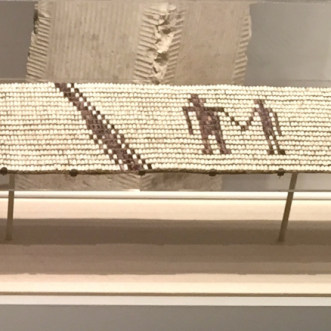
Fake progress
The Mechanical Turk was hailed as a miracle, a step forward in progress, the bleeding edge of innovation. But at it’s heart was a big, fat exploitative lie.
The same is true of many of our current everyday miracles – free delivery, just-in-time manufacturing, ultra-cheap food, computers that fit in our hand.
As yet we have not discovered a way to get something from nothing. Which means that always, someone, somewhere has to do the actual work to make that everyday ‘miracle’ happen. Wearing out their own car at 50p a parcel. Sewing designer clothes in a sweatshop somewhere. Getting paid to vet Facebook posts in a refugee camp – one at a time. Destroying unusable PPS in a prison, or down a poisonous mine extracting the cobalt for your phone.
Just because they’re hidden away in the bowels of the machine doesn’t mean they’re not there.
They shouldn’t be. We don’t need these everyday miracles.
We can work much better ones.
Merry Christmas.
See you in the New Year.









